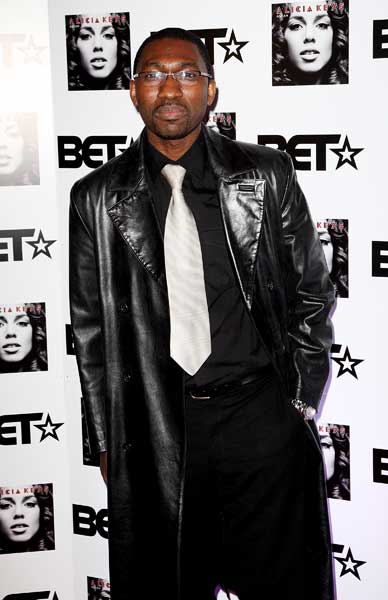Passed/Failed: An education in the life of Kwame Kwei-Armah, actor and playwright, from stage school to award-winning dramatist
'Stage school gave me confidence'

Kwame Kwei-Armah, 42, was the first black Briton to write a West End play, the award-winning Elmina's Kitchen. He was in the cast of Casualty for five years and has appeared in Lewis, To Sir With Love, Hotel Babylon and his own BBC 4 drama, Walter's War. He presented and wrote the C4 documentary On Tour with the Queen. He is a "Women to Watch" judge, for which final nominations are welcome by 12.30pm tomorrow (www.culturalleadership.org.uk/w2w).
Tudor Road primary in Southall, west London, was ethnically mixed and there would be a division in the playground. The black kids would support the Jackson Five and the white kids would support the Osmonds – and we'd have a fight about it. The dominating memory is my teacher saying something like, "You think you're clever," and kicking me in the back with her high-heeled shoes. My mother took me out of the school.
I was at Barbara Speake Stage School in Acton from seven to 16. Would I send my children to a stage school? No. But it was great for me; I had a great school life. I think it is generally accepted that we suffered academically because of our dedication to stage work. I got five O-levels; a lot of people left with no qualifications, but what we missed academically, we gained from growing up in a really positive atmosphere. We gained confidence. I have no fear of the sacred place that we call the stage, thanks to my education at Barbara Speake. Afterwards, I never told anybody that I had gone to a stage school, as I would have been seen as a 42nd Street-type performer.
It was 60 per cent academic and 40 per cent stage work. We did ballet, tap, modern dance and singing. There was no acting; the place prided itself on turning out variety performers who would go into the chorus of big musicals. On the whole, the shows we put on were musicals in which you went from one musical number to another.
My dream from six years old was to be a singer, and as a young child I used to win local talent competitions. After I left school, I was making my living at my day job: musicals. I was in Carmen Jones at the Old Vic and The Blues Brothers in the West End. The musicals would keep me in money and the new plays I was in would keep me intellectually.
I was biding my time until I would make it as a singer/songwriter. At about 26, I woke up one morning and realised it wasn't going to happen. I gave away the full contents of my recording studio – £25,000-worth. When I was about 30, I ran into Andy Hay, the director of the Bristol Old Vic. He said, "Aren't you writing down the stories you tell?" He commissioned me to write my first play, A Bitter Herb, based on a riot I saw at the top of our road when I was 13. It won a Peggy Ramsay award when it was in development: £50,000. I reckoned, "If they're going to give me fifty grand, I'm a writer!"
I got an MA in screenwriting at the University of the Arts London. It was magnificent. You had a write a short film, a half-hour television film, a 30-minute feature film and a full-length feature film. I was filming for Casualty in Bristol six days a week and had to ask to have the day off for my exam. The course involved one day in London and studying as well: 30 hours a week. I thought, "I'll just have to sleep less."
Subscribe to Independent Premium to bookmark this article
Want to bookmark your favourite articles and stories to read or reference later? Start your Independent Premium subscription today.

Join our commenting forum
Join thought-provoking conversations, follow other Independent readers and see their replies